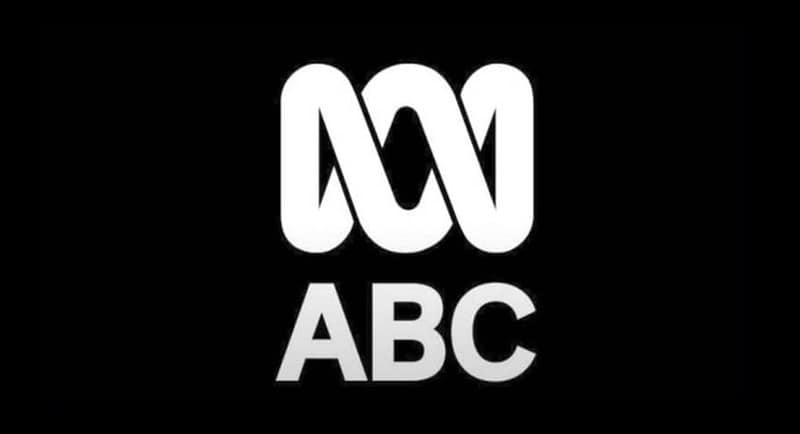The independent review into complaints handling procedures commissioned by the ABC Board has endorsed the national broadcaster’s record in handling complaints and made recommendations to strengthen public trust and confidence in this important process.
The review was conducted by former Commonwealth and NSW Ombudsman professor John McMillan and former SBS director news and current affairs Jim Carroll.
It was commissioned by the ABC Board in October 2021 with Professor McMillan and Mr Carroll undertaking a forensic examination of complaints handling, including public submissions and discussions with relevant individuals.
The ABC Board has released the independent review in full. All recommendations have been accepted and the Board is now considering how they will be implemented.
The review’s key recommendation is that the ABC should retain an in-house process as the frontline in complaints resolution and introduce the new role of ABC Ombudsman to lead it.
ABC chair Ita Buttrose said: “The Board believes the program of change outlined in this review is essential to maintaining the strong bond of trust and confidence the public has in the ABC.
“The report notes that the independence that is bedrock to the ABC also comes with enormous responsibility. As part of our vital service to the Australian people, the ABC is committed to ensuring complaints handling is fair and responsive to audiences.
“The ABC has the most extensive and robust complaints handling process of any media organisation in Australia. This is consistent with the high standards Australians know and expect from us.
“We welcome the input of the reviewers in outlining actions we can take to further improve our processes and ensure we continue to meet those standards.”
ABC Ombudsman
After considering the case for both internal and external complaints handling models, the reviewers have recommended the creation of a new position of ABC Ombudsman appointed by, and reporting to, the ABC Board for a fixed term.
This role would be in addition to the existing two-tier model of in-house complaints handling and external review by the Australian Communications and Media Authority.
This approach supports editorial independence and is consistent with other public media organisations, including the BBC, CBC and SBS.
The new ABC Ombudsman would head an expanded Editorial Complaints Unit and would have the power to review a complaint finding.
Complaint Handling Procedures
Professor McMillan and Mr Carroll found the ABC has a well-established framework for editorial complaints handling, that is for the most part “performed efficiently and in accordance with best-practice complaint standards”. However, they have identified communication and accessibility issues and the need for an appropriate appeal procedure.
Recommended updates to the complaints processes include:
• A review or reconsideration process for a dissatisfied complainant
• An extended time limit for making a complaint, to three months
• Reconsidering the requirement for a complainant to have a “sufficient interest in the subject matter of a complaint”
• Improved consultation with complainants
• Providing greater assistance to complainants in navigating the system
• A more flexible online form
• The option of fast-track resolution
• Greater transparency of complaint outcomes
• Other Findings
The reviewers noted that the existing internal complaints handling unit, Audience and Consumer Affairs, “deals efficiently and professionally with a large number of complaints (and) nothing arising in this review has caused us to doubt the professionalism and dedication of ACA staff”.
They rejected claims that an internal complaints system was “an exercise in the ABC marking its own homework” as “not the reality” but said there was “a significant perception problem that will not be easy to overcome without major change to the complaint process”.
The reviewers noted the “considerable transparency” of ABC complaint findings and said the low percentage of upheld complaints should be considered in the context of the large volume of cases accepted for investigation and the informal methods by which many were resolved. They noted the BBC Executive Complaints Unit assesses around 0.3% of audience responses compared to 10% for ACA.
The reviewers also considered examples of what they describe as a “dismissive ABC attitude” toward complainants, although they noted “to the extent there is a problem it is not widespread among ABC content producers”.
The Independent Review of ABC Complaints Handling Procedures also calls for more training and for the ABC to lead a review of its editorial standards, including inviting public submissions, in the next 12 months.
The ABC Board periodically reviews the ABC’s Editorial Policies and the next review will commence later this year.
Professor McMillan and Mr Carroll say that their intent is ensure the ABC editorial complaint process is effective, transparent and respected and not onerous or complicated.
They say: “This review has been mindful … of avoiding an audience and complaint strategy and framework that would make content makers fearful of being innovative, creative, and forceful. Any change to the complaint framework should not compromise quality and robust storytelling and investigations.”
The Board of the national broadcaster has thanked them for their dedicated work on the review.
